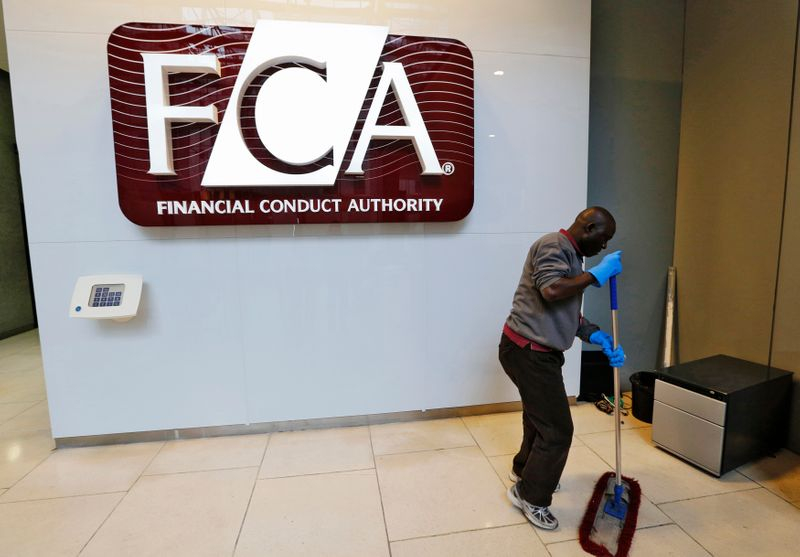Don’t ignore “lockdown fatigue”, UK watchdog tells finance bosses By Reuters

By Huw Jones
LONDON (Reuters) – Staff at financial firms in Britain are suffering from “lockdown fatigue” and their bosses are not always making sure all employees can speak up freely about their problems, the Financial Conduct Authority said on Monday.
Many staff at financial companies have been working from home since Britain went into its first lockdown in March last year to fight the COVID-19 pandemic.
One year on, the challenges have evolved from adapting to working remotely to dealing with mental health issues, said David Blunt, the FCA’s head of conduct specialists.
“During this third lockdown, there has been a greater impact on mental well-being, with many people struggling with job security, caring responsibilities, home schooling, bereavements and lockdown fatigue.”
Bosses should continually revisit how they lead remote teams, he said.
“The impact of COVID-19 is creating a huge workload for those considered to be high performers, while the remote environment potentially makes it much more challenging for those who were previously considered low performers to change that perception,” Blunt told a City & Financial online event.
Companies should consider “psychological safety” or ensuring that all employees feel confident about speaking out and challenging opinions.
“We’ve heard varying reports of how successful this has been,” Blunt said.
Pressures in the financial sector were highlighted this month when accountants KPMG said its UK chairman Bill Michael had stepped aside during a probe into comments he made to staff.
The Financial Times said Michael, who later apologised for his comments, had told staff to “stop moaning” about the impact of the pandemic on their work lives.
Blunt was speaking as the FCA next month completes the full rollout of rules that force senior managers at financial firms to be personally accountable for their decisions to improve conduct standards.
There have only been a “modest” number of breaches reported to regulators so far as firms worry about being “tainted” but more cases will become public as sanctions are revealed, Blunt said.
“Regulators won’t be impressed by lowballing the figures.”

